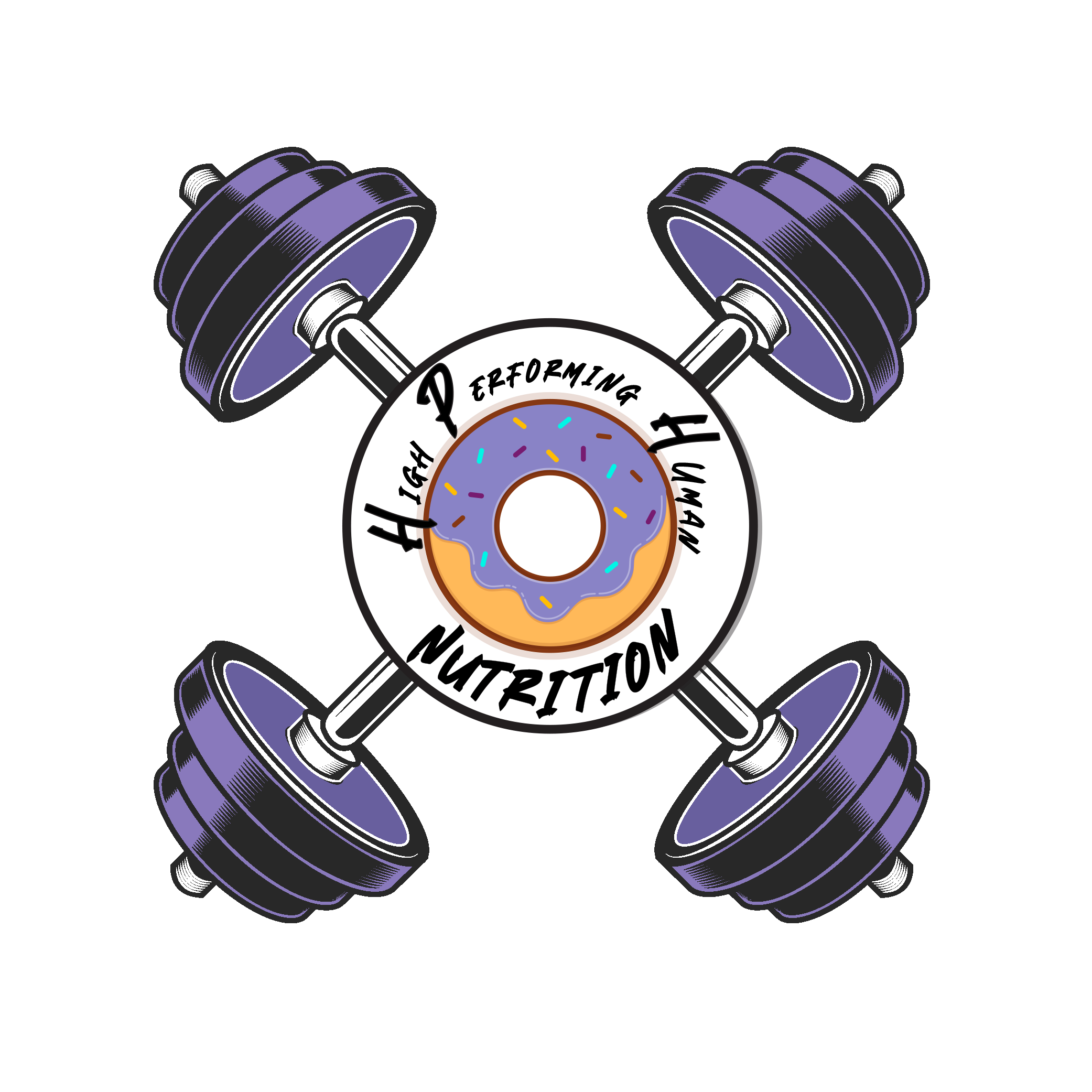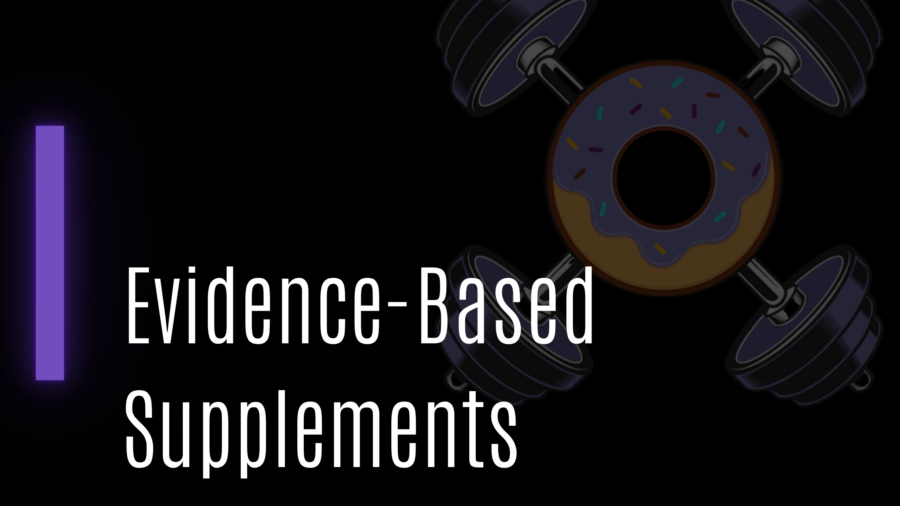Would you rather listen? This content is also recorded on the podcast. Listen here!
I’m sure you’ve all gotten the hint by now that your girl loves science. When it comes to nutrition and health, I have to see the evidence before I make any recommendations. Supplements are no different, and in fact, I’m more of a stickler about supplements just because there is no regulation by the FDA.
When it comes to supplements, there are five that have undergone research-based testing to show that they may in fact benefit performance. Any other supplements have mixed reviews, don’t show significant impact, or haven’t been studied enough to provide evidence-based claims. These five supplements that you may want to look into include caffeine, creatine, beta-alanine, sodium bicarbonate, and nitrates.
So first, caffeine. Nothing more. Not some super fancy pre-workout with all the bells and whistles, literally just straight caffeine. Like you would get from coffee or tea. Caffeine is able to improve sports performance in endurance and high intensity activity. The peak of caffeine usually hits around 90-100 minutes after ingestion.
Please note, caffeine is a banned substance when it comes to sport drug testing. That being said, there is a dosage limit for caffeine. Consuming a cup of coffee daily should not cause a positive drug test. Please educate yourself on the limitations of your specific testing regulations for this one.
Creatine is a substance that is actually naturally occurring in the body. Your body has an energy system called the phosphocreatine (PCr) system. This allows the body to create Adenosine Triphosphate (ATP, our energy currency in the body) quickly. Due to the way this energy system works and how creatine is used, there is little advantage for endurance activities with this supplement. The improvements in performance are generally seen in high-intensity and power-based activities. Personally, I see creatine as a benefit to training versus a benefit to competition. If you have larger amounts of creatine to utilize, this means you can produce more energy quickly, get in more reps, and see larger gains. This ultimately leads to indirect performance enhancements in competition just based on being able to train harder.
When it comes to creatine ingestion for athletes, creatine is considered an impermissible supplement. Kind of a ‘take at your own risk’ thing. The issue is that many creatine supplements may contain other substances that ARE considered banned substances. This is why third party testing is so very important.
Considering creatine supplementation? Here’s an option that is NSF Certified for Sport: https://thor.ne/9eDmV
Beta-alanine is another supplement that’s considered impermissible. So, again, take at yoru own risk. Beta-alanine is an amino acid in your body that itself does not enhance performance but rather is a precursor to something called carnosine.
Carnosine is part of a buffer system in the body that helps decrease the muscle’s acidity. We have heard of the damning lactic acid build-up that leads to muscle fatigue. That’s because the pH of our muscle decreases making it a more acidic environment. When we have additional carnosine made possible by ingesting beta-alanine, our bodies can go harder for longer because we are delaying the increased acidity in the muscle. The time it takes for our muscles to hit fatigue increases.
If you’re interested in beta-alanine supplementation, here’s an NSF Certified for Sport option: https://thor.ne/9eDmV
Sodium bicarbonate works similarly to beta-alanine by reducing the acidity of the body. The difference is, sodium bicarbonate works outside the muscle cell compared to beta-alanine benefiting the pH inside the muscle cell. The major benefit of sodium bicarbonate is the increased performance seen in later stages of high intensity activity.
Nitrates are the final supplement in question here and may be one that aren’t as well known. The typical supplement form is beetroot juice or some kind of powder derivative of beetroot. This supplement works by increasing blood flow regulation and increasing oxygen uptake. What this means is that there is less of a need for oxygen during exercise because the body is using oxygen more efficiently. Power and sprint performance is where we see the most benefit with nitrate ingestion.
This nitrate product (https://amzn.to/3iPK2J4) is Informed Sport Certified.
So there you have it, evidence-based supplements that actually help performance.
A caveat to this is supplements only increase your performance by a small percentage. It truly is your training and nutrition that create much of your performance gains. So, while these supplements are backed by science, don’t forget about the other pieces of the puzzle and make sure those are dialed in before adding in any extras.

